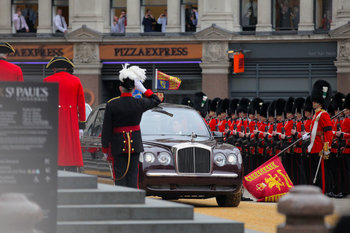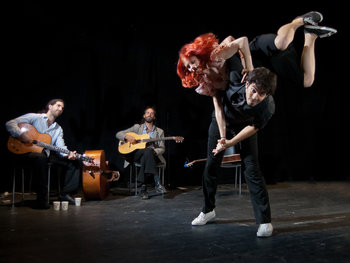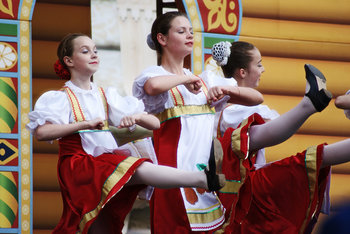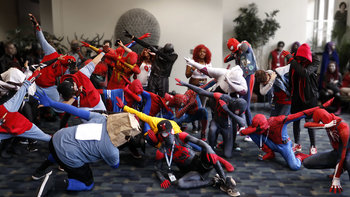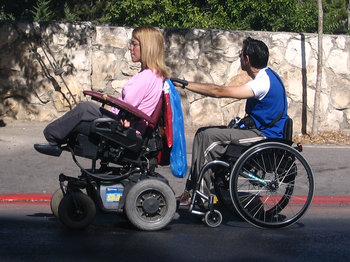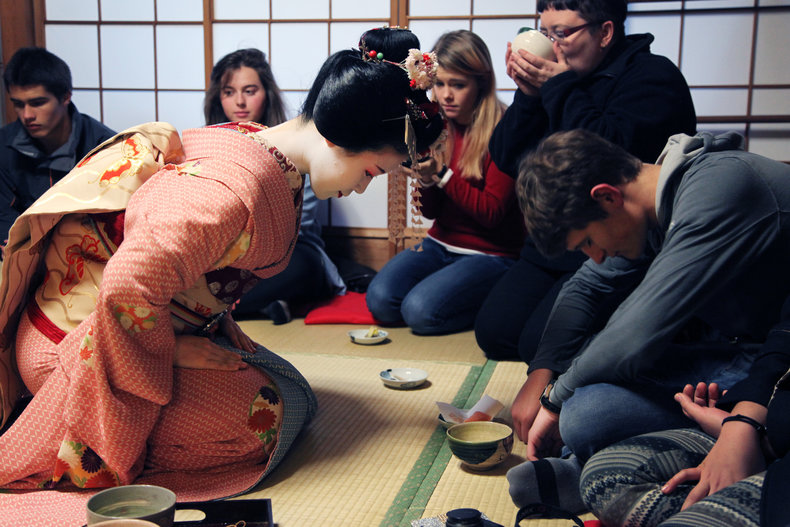
Discipline
Controlled and directed behavior. For example, an audience member who can listen to a speaker for an extended period of time without day dreaming or playing with a mobile device.Civility
Civility is the demonstration of respect for people and society. For example, building rapport and a sense of fellowship with those in your community. Civility also implies that you can handle intense arguments without becoming negative and emotional.Politeness
Demonstrating concern for the feelings of others such as a dinner host who inquires about people's dietary restrictions.Etiquette
Following the rules of behavior established by a society, culture or institution. For example, allowing the opposition to speak without interruption in a debate.Language
Using an appropriate level of language for the situation at hand. For example, a leader of a nation who uses eloquent and precise language when speaking in an official capacity.Fashion
Following the conventions of fashion that apply to a situation such as wearing dark, modest clothing to a funeral.Taste
The ability to present yourself in a manner that is pleasing to others in the context of a culture. For example, using a soft voice where appropriate.Refinement
Refinement is the process of improving yourself with practice and diligence. For example, Japanese tea ceremony is the pursuit of an aesthetic in the humble task of preparing, serving and appreciating tea that requires many years of diligent practice to refine.Formalities
Compliance with formal rules, processes and procedures. For example, a parliamentary system with traditional rules guiding everything from where members of parliament sit to procedures for voting.| Overview: Decorum | ||
Type | ||
Definition | Behavior that is controlled, calm and polite. | |
Related Concepts | ||



